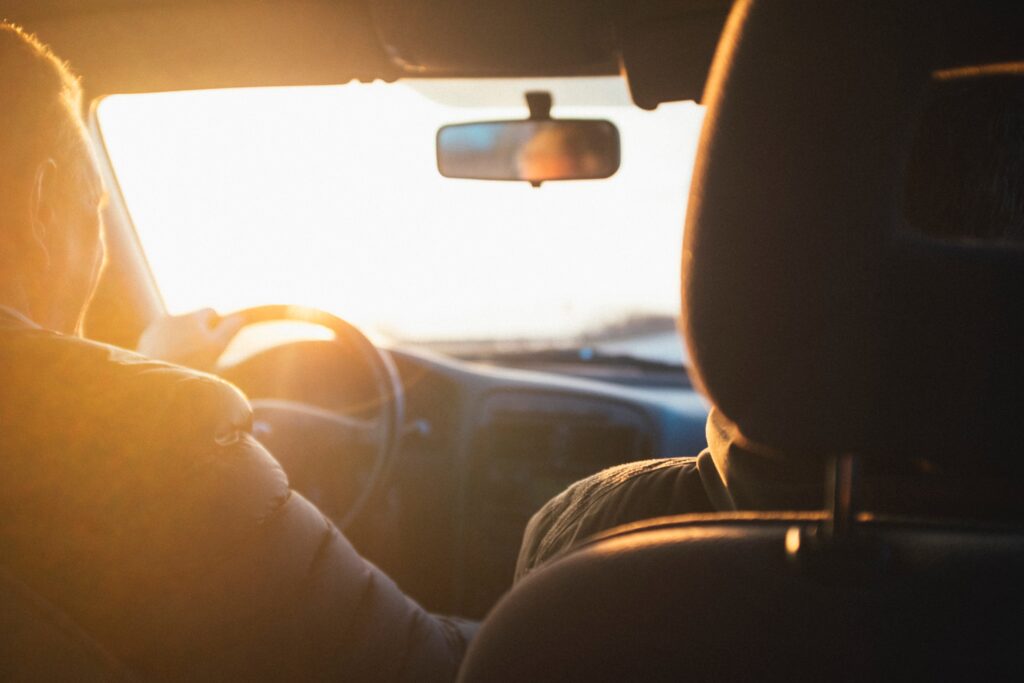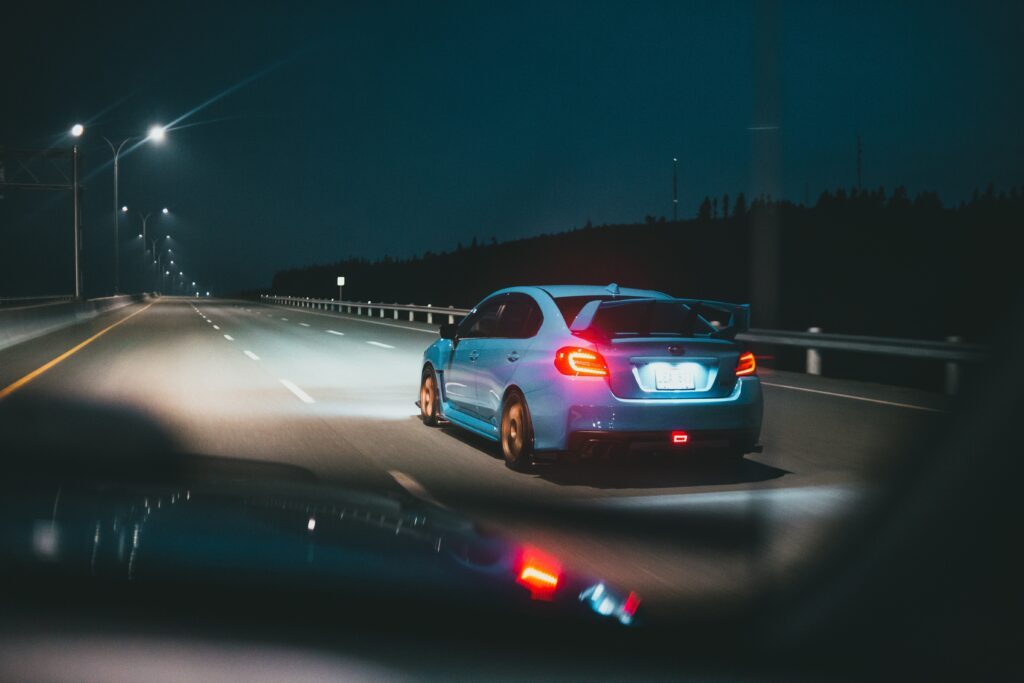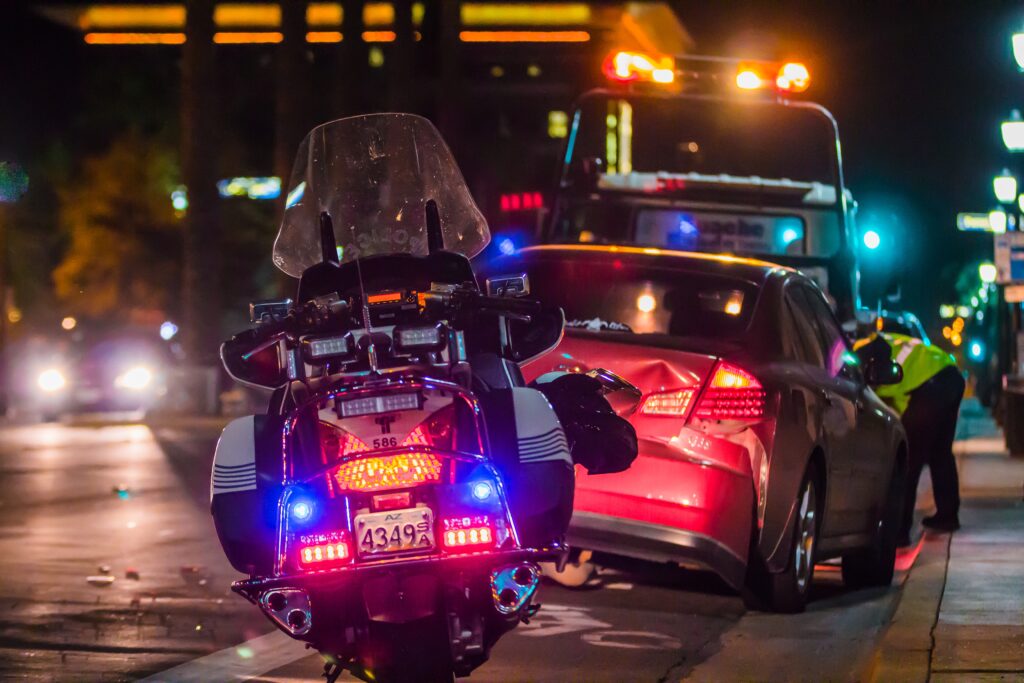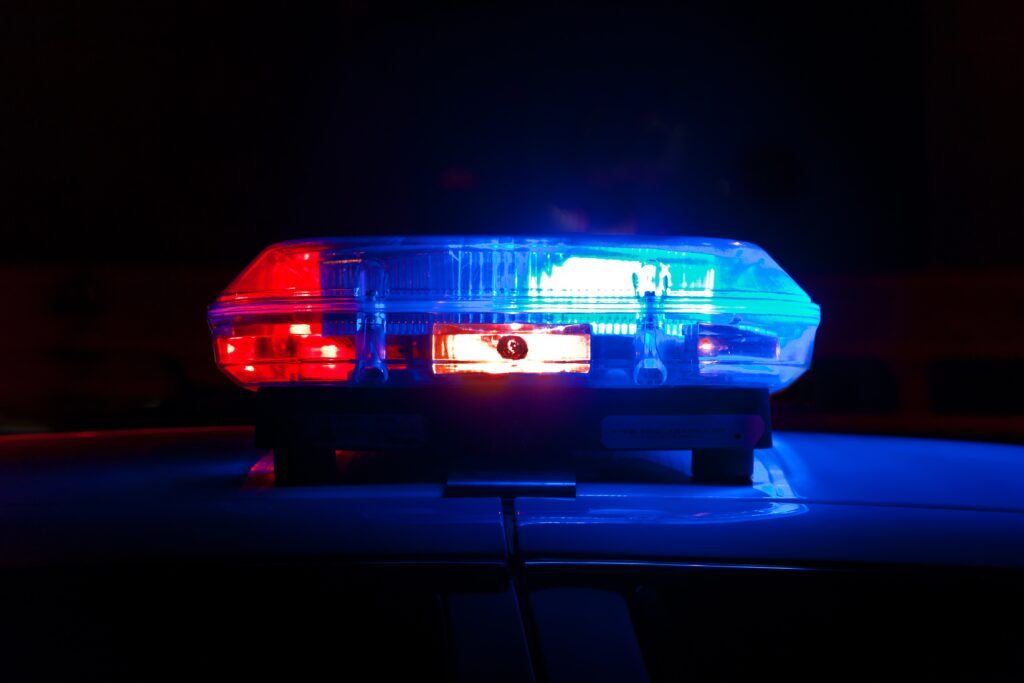Driving without car insurance coverage could be a costly choice
Car insurance protects you as a driver, as well as others you encounter on the road. You may choose to forego auto insurance in hopes of getting away with temporary savings. But you could wind up paying thousands of dollars if you get caught or have an accident.
Before you consider driving without insurance, we want to help you understand the risks—and help you choose more wisely.
What are the penalties for driving without proof of insurance?
Penalties for driving without insurance vary from state to state. Depending on where you drive, you could face any of the following if you’re pulled over and don’t have insurance:
- Fines
- Suspension of your Driver’s license
- Vehicle impoundment, including towing charges and daily storage fees
- Jail time
Regardless of the state you drive in, you’re likely to have harsher consequences for repeated offenses. Bottom line: getting caught driving without insurance will almost always come with consequences.
Is car insurance legally required?
It’s the law in all states—except Virginia (if you pay the uninsured motorist fee) and New Hampshire.
This helps protect you, your passengers, and those you encounter on the road.
Each state has minimum insurance requirements on the coverages you must have to legally operate a vehicle.
Most individuals who own or drive a vehicle need the following car insurance coverages:
Bodily injury liability
This coverage applies when you cause an accident while you’re operating your vehicle and helps pay for bodily injuries to others.
Property damage liability
This helps pay damage costs for another person’s property in an accident you cause.
Uninsured/underinsured motorist protection
If you’re hurt in an accident involving an at-fault driver who doesn’t have any or enough insurance, this helps pay for your injuries. Many states allow you to opt-out or reject this coverage.
Driver’s license and registration reinstatement fees
Some states may have harsher consequences, such as suspending your driver’s license and registration and requiring you to pay higher fees to reinstate them. These fees can range between $10 and $400 depending on which state you live in.
What happens if you get into an accident with no insurance?
If you are determined to be at fault in an accident with no insurance, you could:
- Be held liable for any bodily injuries and property damage out of your own pocket
- Pay fines
- Have your license suspended, and be forced to carry an SR-22 to reinstate it
- Have your vehicle impounded, and be responsible for towing costs and daily storage fees.
If you’re uninsured and not at fault, the law and subsequent penalties vary by state and accident.
When the fault is unclear, you may be responsible for handling all of the details with the other driver’s car insurance company, which can be time-consuming and frustrating. It may also reduce your chances of receiving payment for damages to your car or injury to yourself and your passengers.
What are the associated costs of driving without insurance?
Financially speaking, driving without insurance can be costly, even beyond the costs insurance would’ve paid for. If you’re pulled over and can’t provide proof of valid car insurance, you could end up paying between $175 and $ I,500 for 1st offenses, and much more for repeat offenses, depending on which state you live in
Can you drive someone else’s car without having your own insurance?
In many cases you may drive someone else’s car—with their permission—and their car insurance will cover you while you are driving it. If you live with someone who owns and insures a vehicle, and it is readily and usually available to you, their insurance company will most likely require you to be listed on their policy as a household member, so just in case you need to borrow their car, you will be covered.
Can a Police Officer tell if you don’t have insurance?
Yes, the police can tell whether you have valid auto insurance. Here are a couple of ways it’s determined:
Proof of insurance requests
When a driver is pulled over, police request to review proof of insurance in addition to a driver’s license and vehicle registration. Expired insurance, failure to present proof of insurance, and fraudulent coverage lead to insurance law infractions.
Law enforcement databases
In most states, police squads use in-car technology to verify if a driver has insurance before they even pull you over.
Although this information is readily available to law enforcement, stopping a driver just to see if they have insurance or not is highly unlikely, but can easily be verified if you are pulled over for other reasons, like:
- Broken tail light or Headlight
- Speeding
- Texting and driving
- Tailgating
- Expired license plates
These are just some examples of many other violations. Regardless of the reason you could be stopped, having valid car insurance and keeping it on hand in your vehicle will help save you from additional, and often expensive, consequences.
Is driving without insurance a misdemeanor or a felony?
In most states, if you’re caught breaking auto insurance laws, the conviction is considered a misdemeanor. While misdemeanors are less serious than felonies, they can require jail time depending on the degree of the infraction. Typically, a first-time driving without insurance offense wouldn’t fall under a misdemeanor classification but a 2nd or 3rd time, you are just asking for trouble, and in a state like New Mexico, can leave you imprisoned for up to six months.
If you plan on driving your car into Mexico, your U.S.-based insurance policy is not valid, and you will need to buy insurance at the border during your stay. If you are stopped for any reason and don’t have Mexico insurance, you WILL be arrested and put in jail. Most Rental Car companies can probably offer and provide you with Mexico insurance as part of your rental agreement, just be sure you buy it at the counter from them before you hit the border. Do not take this kind of risk, or it could be “Adios, Amigo”
Can you buy a car and drive home from the dealership without insurance?
If you have an existing Auto Insurance policy, most times all you need to do is show the finance department at the dealership your current Auto I.D. card. They will then provide you with the new car information and financing details so that we can add it to your current policy right away, or they can call us directly when you are there during normal business hours.
If you DO NOT have a current, in-force insurance policy, they will not let you drive off the lot. Car insurance is legally required in most states, so you will need it before you can buy the car
Plan ahead, if possible!
If you’re able to plan ahead in your car-buying process, it’s best to call us a few days ahead of time and have us quote you a rate before buying a car, that way, you can decide if you can afford the car payment and the insurance cost and avoid any unpleasant surprises. If you are going to take out a loan or a lease for the car, ask the finance person to give you all of the financing information in writing and get it to us so we can add the new car to your policy without chasing the dealership finance department around for the information. It is a requirement to add that loan or lease information when we add the vehicle to your policy



